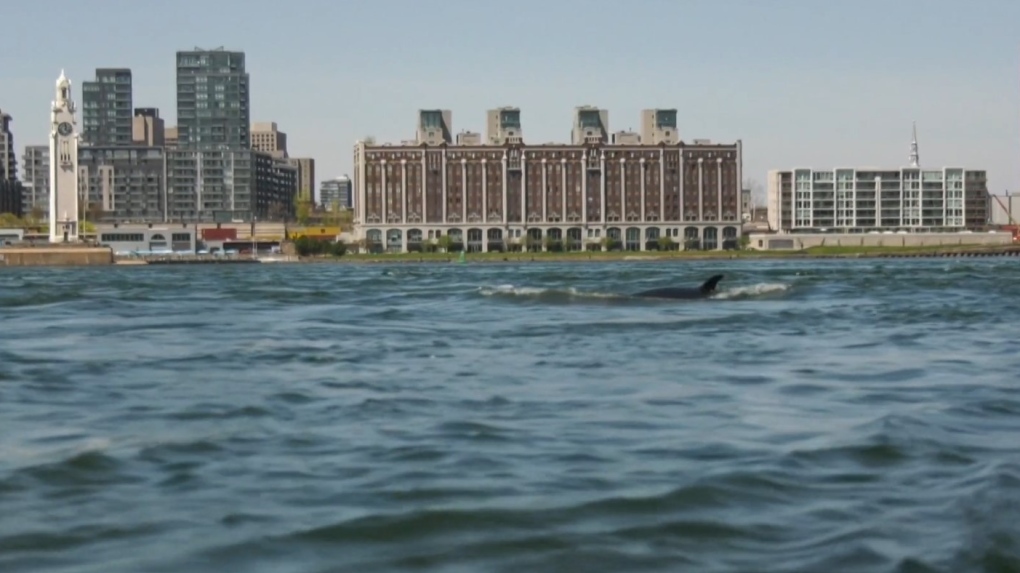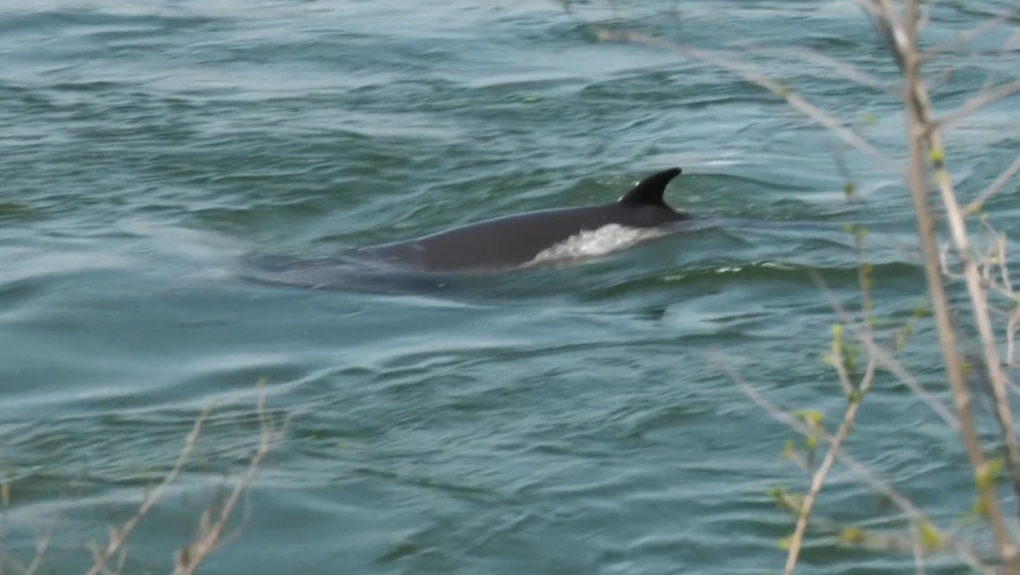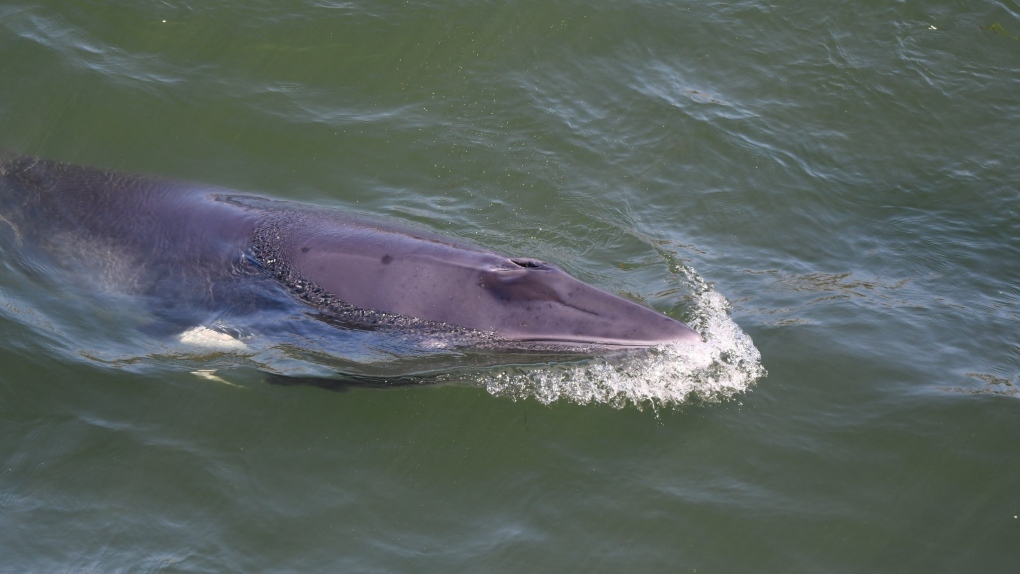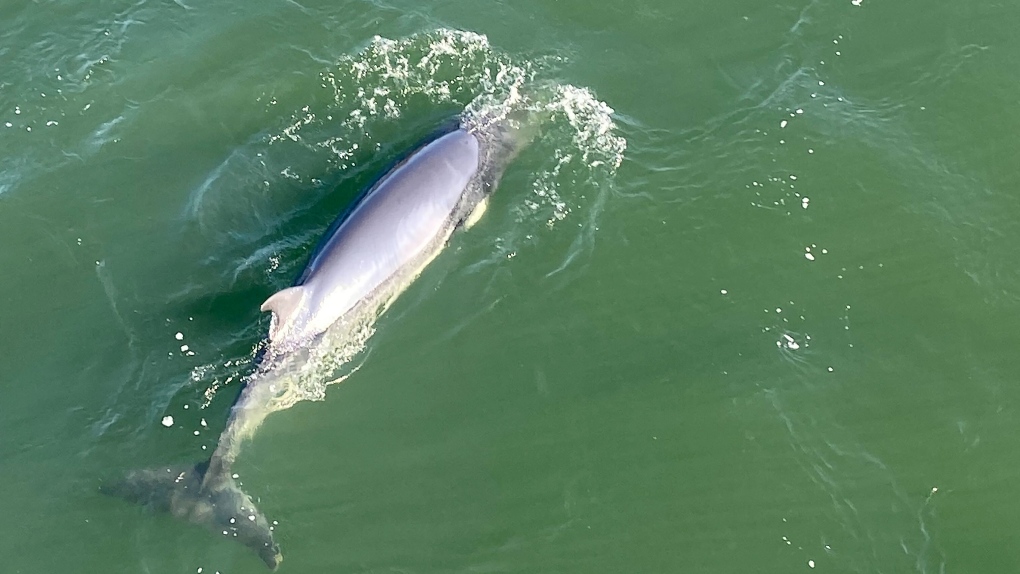Mahinda Rajapaksa, who stepped down as prime minister this week, has been blocked from leaving Sri Lanka. The court has ordered an investigation into attacks against anti-government protesters.

Mahinda Rajapaksa has been holed up at a naval facility since stepping down as prime minister
A court in the Sri Lankan capital Colombo on Thursday imposed a ban on former Prime Minister Mahinda Rajapaksa and several of his key allies from leaving the country.
Rajapaksa stepped down as prime minister on Monday following weeks of intense anti-government protests amid an ongoing financial and economic crisis.
The court order targeted the ex-prime minister and his son Namal — also a lawmaker — along with 15 other allies. Additionally, police were ordered to launch an investigation into attacks against anti-government protesters.
The attack triggered a wave of violence and destruction across the country. At least nine people lost their lives since the unrest started.
Why are people protesting in Sri Lanka?
Rajapaksa, who has also previously served as president, is the elder brother of the current president, Gotabaya Rajapaksa.
The monthlong protests have consistently called for the Rajapaksas to leave power. A recent cabinet shift, seen as an offer of compromise, removed a few family members from ministerial positions in the cabinet, including Mahinda's son Namal.
The prime minister only stepped down on Monday after a mob of loyalist supporters came out of his compound to confront the peaceful protesters camped out in front of it with clubs and sticks.
The violence left at least 225 people hospitalized. After resigning, the 76-year-old Rajapaksa was whisked off by heavily armed soldiers to a naval base on the east of the island.
What is the state of Sri Lanka's economy?
Sri Lanka is currently suffering its worst economic crisis since gaining independence from the British Empire in 1948.
Low foreign currency reserves, soaring inflation and rising prices have led to severe shortages of key imports such as fuel, medicine and other essential goods.
Blackouts across the island country have become a regular occurrence.
Colombo is in talks with the IMF after defaulting on its foreign debt, in part accrued thanks to a series of largescale, financially unsustainable projects taken on during the previous two decades that have been dominated by the Rajapaksa family.
Leaders of various political parties are set to meet later on Thursday to discuss the worsening situation. The opposition has repeatedly refused to join a unity government until President Gotabaya Rajapaksa resigns.
ab/dj (AFP, Reuters)
Amal JAYASINGHE
Wed, 11 May 2022
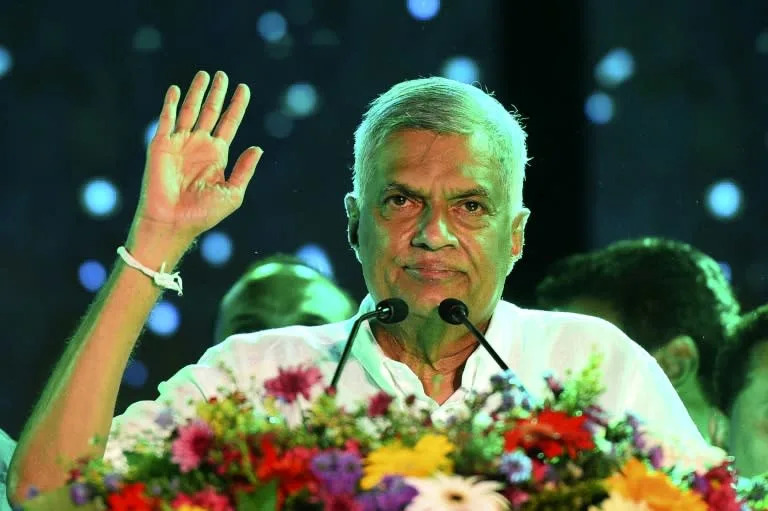

A protester in Colombo watches an address to the nation by Sri Lanka's President Gotabaya Rajapaksa near the president's office
Beleaguered President Gotabaya Rajapaksa was set to name a new prime minister Thursday to try to steer Sri Lanka out of its dire economic crisis after days of violence, officials said.
Respected five-time former premier Ranil Wickremesinghe was the frontrunner to head a "unity government" with cross-party support in the 225-member parliament and replace Rajapaksa's elder brother Mahinda who stepped down on Monday.
"A swearing-in is likely today unless there is a last-minute hiccup," a senior official close to the president told AFP.
In a televised address to the nation on Wednesday night, Rajapaksa stopped short of yielding to weeks of nationwide protests calling for him to resign.
The country of 22 million people is in its worst economic crisis since independence with severe shortages of food, fuel and medicines and long power cuts.
But in a bid to win over the opposition who wanted Rajapaksa to quit, the 72-year-old pledged to give up most of his executive powers and set up a new cabinet this week.
"I will name a prime minister who will command a majority in parliament and the confidence of the people," Rajapaksa said in the televised speech.
Mahinda Rajapaksa resigned as prime minister on Monday after his supporters attacked anti-government supporters and ran riot in Colombo.
This unleashed several days of violence that killed at least nine people and injured more than 200, with dozens of Rajapaksa loyalist homes set on fire.
Security forces patrolling in armoured personnel carriers with orders to shoot on sight anyone engaged in looting or violence have since cracked down on public disorder.
A curfew was lifted Thursday morning only to be reimposed after a six-hour break allowing people to stock up on essentials.
The main opposition SJB party was initially invited to lead a new government, but its leader Sajith Premadasa insisted that the president first step down.
However, about a dozen MPs from the SJB pledged support to Wickremesinghe, 73, who has been prime minister five times since 1993 and is seen as a pro-West free-market reformist.
Wickremesinghe is the only legislator from his United National Party (UNP) which was routed at the August 2020 election that gave Rajapaksa a two-thirds majority.
With the economic crisis, the Rajapaksa government began to unravel with mass defections to the opposition, but since April no group in the 225-member assembly enjoys an absolute majority.
Sri Lanka is in talks with the International Monetary Fund and others about a bailout package after a shortage of foreign currency forced it to default on its foreign debts last month.
The island nation's central bank chief warned Wednesday that the economy will "collapse" unless a new government was urgently appointed.
aj/stu/ssy







